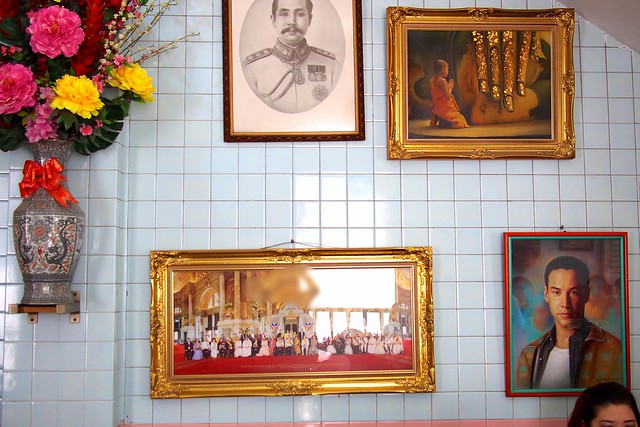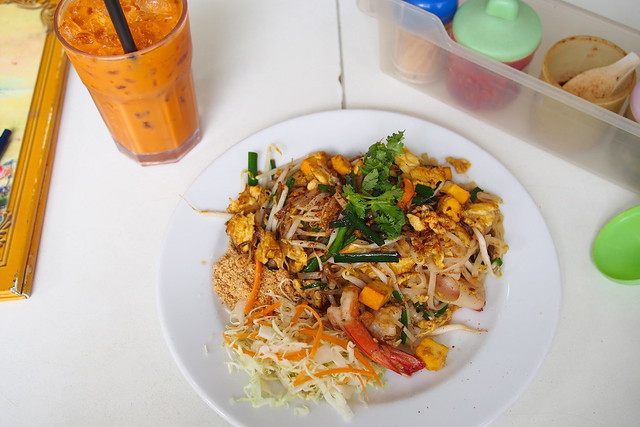Having an hour or two between meetings today, I popped by the National Library to read Isaiah Berlin’s The Hedgehog and The Fox (amazon). The copy was well-kept and had once belonged to Lee Kuan Yew. I wondered, if he’d read it, and if he’d agreed with Berlin’s take on Tolstoy’s philosophy of history. After all, even while he lived, many sought his advice on replicating the (economic) success of Singapore in their own countries. But advice can only be properly given if the causes that effected such prosperity can be adequately identified (and, indeed, repeated to similar efficacy).
 According to Berlin, Tolstoy was uniquely tormented by ultimate problems – of good and evil, origin and purpose of the universe and its inhabitants, causes of all that happens: what is to be done? How should one live? Why are we here? What must we be and do?
According to Berlin, Tolstoy was uniquely tormented by ultimate problems – of good and evil, origin and purpose of the universe and its inhabitants, causes of all that happens: what is to be done? How should one live? Why are we here? What must we be and do?
The answers provided by the theologians and metaphysicans struck him as absurd, says Berlin.
History was only the sum of the concrete events in time and space – the sum of actual experience of actual men and women in their relation to one another and to an actual three-dimensional, empirically experienced, physical environment. This alone contained the truth.
Metaphysical philosophy and history:
- pretends to be something it is not – a science capable of arriving at conclusions which are certain. As if it must be possible to discover and formulate a set of true laws of history which, in conjunction with data of empirical observation, would make prediction of the future (and “retrodiction” of the past) as feasible as it had become say, in geology or astronomy;
- is arbitrarily selective in deciding which factors determine the life of mankind. These are various, but historians select from them only some single aspect;
- represent only “political” public events, while the spiritual inner events are largely forgotten. Yet prima facie, they are most real, the most immediate experience of human beings.
 Therefore Tolstoy set himself to:
Therefore Tolstoy set himself to:
- do what historians were failing to do – to describe the ultimate data of subjective experience – personal lives lived by men, the thoughts, knowledge, poetry, music, love, friendship, hates, passions of real life. For only the individual’s experience is genuine – of colours, smells, tastes, sounds and movements, jealousies, loves, hatreds, passions, rare flashes of insight, transforming moments, the ordinary day-to-day succession of private data that constitutes all there is to reality;
- expose the great illusion that (great) individuals can, by the use of their own resources, understand and control the course of events. This self-deception affects almost all mankind. Men are unable to bear the fact that their lives are no less than what natural law has determined. They seek to represent it as a succession of free choices, and seek to fix responsibility for what occurs upon persons endowed by them with heroic virtues or vices – the “great men”. But this is hollow, self-deluded, and fraudulent – an elaborate machinery for concealing the spectacle of human impotence and irrelevance and blindness;
- reject the notion that any historical movement is directly connected to the “power” exercised by some men over others. Or that these events were under the dominant influence or “force” of great men or ideas. What occurs is the result of a thick, opaque, inextricably complex web of events, objects, characteristics, connected, and divided by literally innumerable unidentifiable links, and gaps, and sudden discontinuities, visible and invisible;
- demonstrate that while man’s freedom is real and there is free will and responsibility and the real experience of a private life, we are all victims of inexorable historical determinism. Omniscience belongs only to God. Our historical reasoning is an effort to substitute our own arbitrary rules for divine wisdom.
In other words, not much different from what God had already caused Nebuchadnezzar to realise in Daniel 4.
 *so it was with some bemusement that I spotted Project South East Asia‘s Thum Ping Tjin at the back of SG Magazine with some mention of his The History of Singapore podcast.
*so it was with some bemusement that I spotted Project South East Asia‘s Thum Ping Tjin at the back of SG Magazine with some mention of his The History of Singapore podcast.
**of course, there was also time for a quick pad thai at First Thai (23 Purvis Street). Wok hei, infused fish sauce, a little on the sweet side.
3 thoughts on “Rubbishy Reductionism; Sovereign’s Superiority; Tolstoy’s Tension”